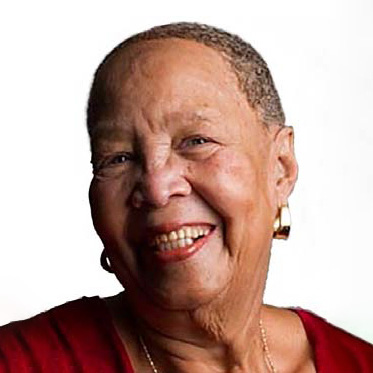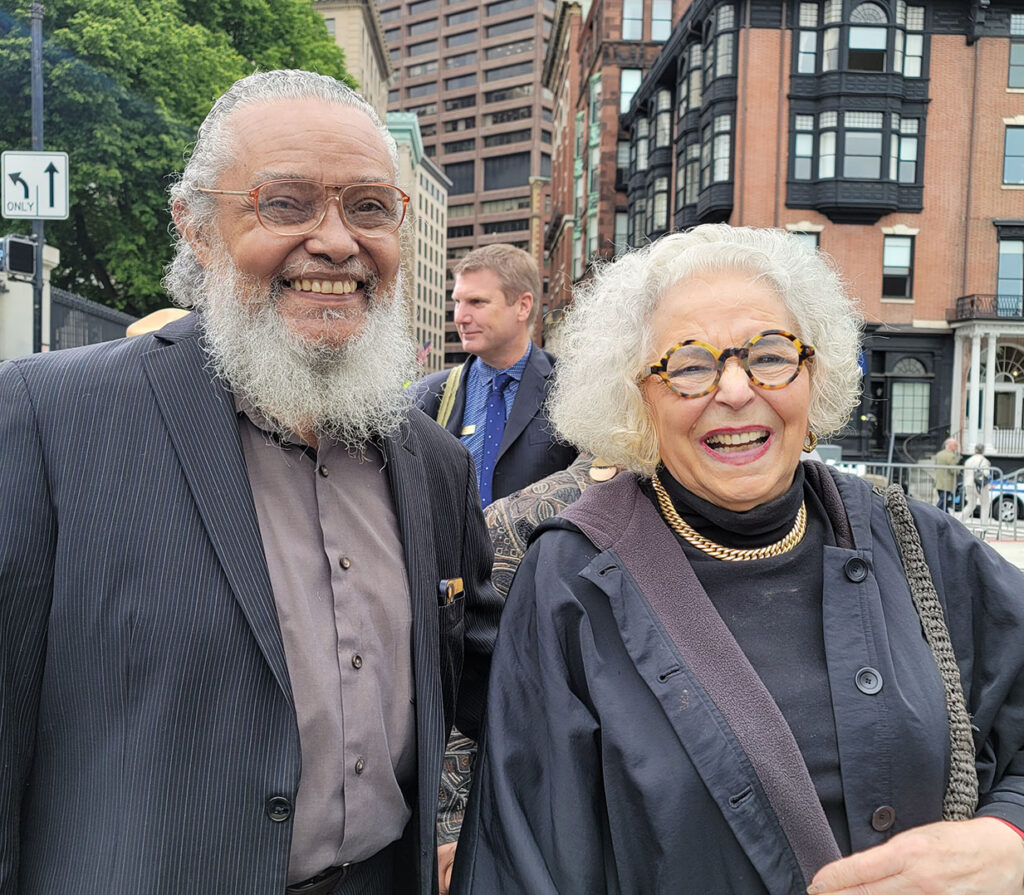Our Priorities
CONTINUING A LEGACY WITH TODAY’S PRIORITIES
Today, we continue to acknowledge and celebrate our generations of visionary leaders – those activists whose extraordinary work resulted in the legacy of hope that our grants perpetuate. We are pleased that programs funded by our grants to local area non-profits and smaller grass-roots organizations, either directly or indirectly, reach approximately 10,200+ elderly African American/Black women living in Boston. This through direct services as well as advocacy and public information. Our annual grants also fund the delivery of personal care and other domestic services to over 1,650 women, annually. We currently fund the following program priorities:
Housing
Has been central to our operations since 1864. In 2021-22 the Board focused on the positive benefits of keeping seniors at home, as long as possible, by supporting bill-paying services, increased accessibility improvements, minor home repairs, and affordable housing to prevent senior homeless.
Health Care
Includes access to medical/mental/dental health services, early diagnosis and management of life-changing illnesses like Diabetes, Cancer and Alzheimer’s, as well as access to home-care services, healthy food, nutrition tips, and participation in fitness activities.
Social Services
Since 2012 the Board has focused on reducing elder isolation and depression - particularly in 2020 and beyond, as isolation has been exacerbated by COVID - elder abuse, transportation, and programs focused on improving knowledge about and access to needed support services.
Advocacy
Another priority dating back to 1860, translates into supporting elders advocating for and promoting policy changes impacting their lives, and the lives of seniors in general. Advocacy was re-affirmed as a priority in 2012 and again in 2019 through the strategic planning process.
Digital Connectivity
Became a priority in 2014 when, gaining access to affordable Internet services and/or the equipment to access it, became a documented digital divide, handicapping seniors in general and Grimes King’s population specifically. This divide continues to distance elders from their family, friends as well as service providers.
Former Board Members


